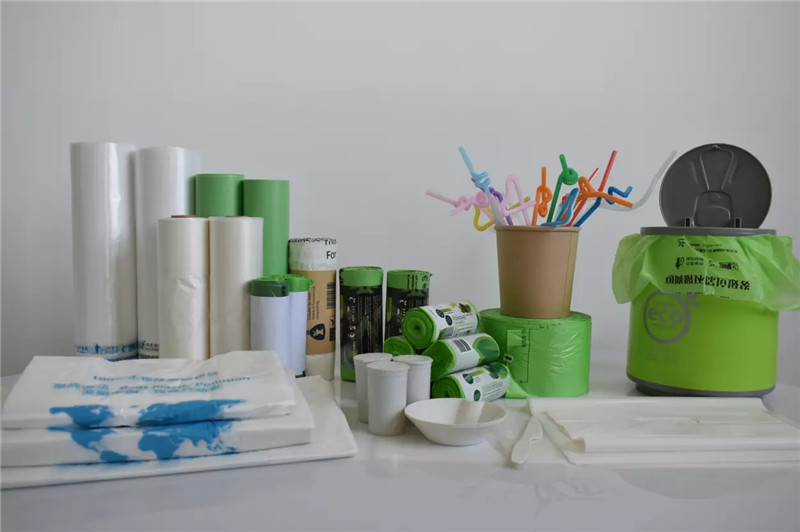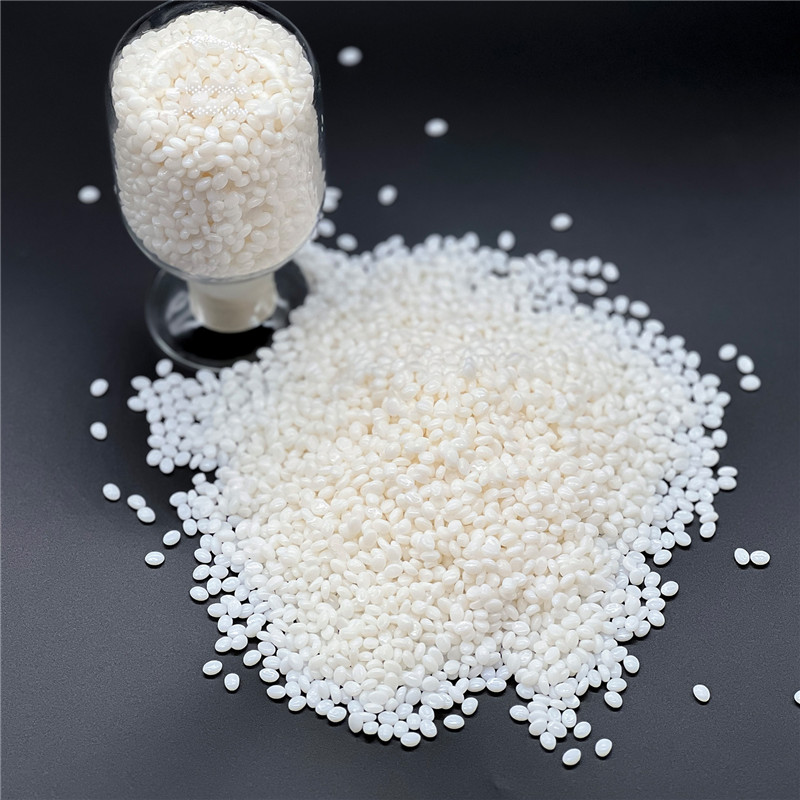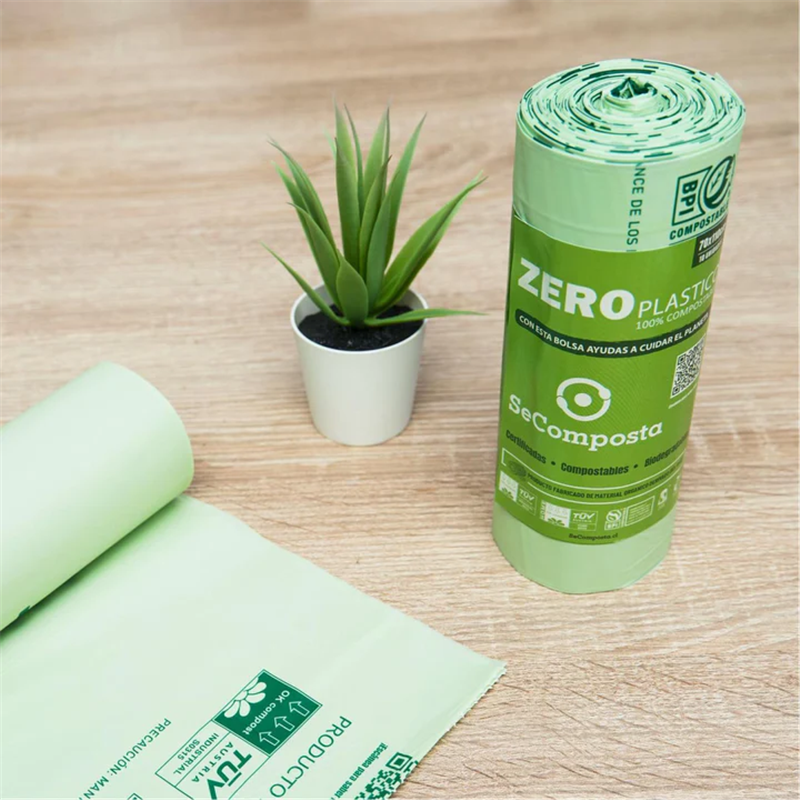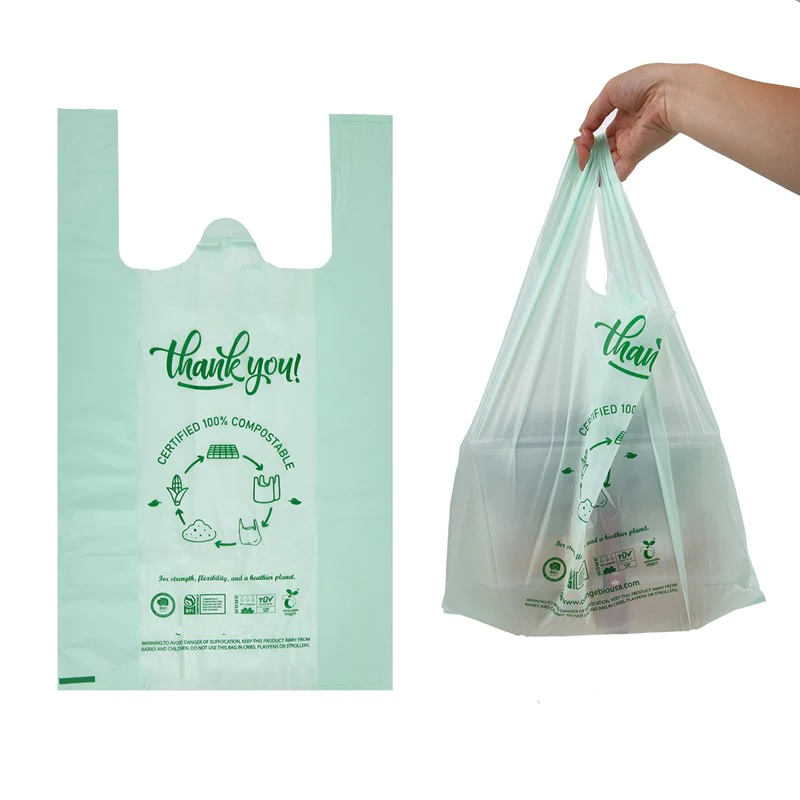Industry news
Embracing Sustainability: The Rise of Compostable and Biodegradable Packaging

In recent years, the global awareness of environmental issues has led to a growing demand for sustainable alternatives in various industries. One significant stride towards eco-friendly practices is the adoption of compostable and biodegradable packaging. This article explores the significance of these innovative solutions and their role in reducing environmental impact.
Compostable bags, designed to break down into natural elements, play a pivotal role in waste reduction. Made from organic materials such as cornstarch, sugarcane, or potato starch, these bags decompose into nutrient-rich compost when exposed to the right conditions. Unlike traditional plastic bags that persist in landfills for centuries, compostable bags contribute to the creation of valuable compost, enriching the soil and supporting plant growth.

Biodegradable bags, another eco-conscious alternative, are designed to degrade through natural processes, minimizing their environmental footprint. These bags are typically made from materials such as PBAT + Corn starch +PLA (polylactic acid), a bioplastic derived from renewable resources like cornstarch. As biodegradable bags break down, they do not leave harmful residues, addressing concerns associated with conventional plastic waste.

One of the key advantages of compostable and biodegradable bags lies in their ability to mitigate the impact of plastic pollution on ecosystems. Traditional plastic packaging poses a severe threat to marine life, as it persists in oceans and waterways, causing harm to aquatic species. In contrast, compostable and biodegradable bags offer a sustainable solution by breaking down naturally, preventing long-lasting harm to the environment.
Businesses are increasingly recognizing the importance of adopting compostable and biodegradable packaging to meet consumer demands for sustainability. Many companies are incorporating these alternatives into their product packaging, demonstrating a commitment to environmental responsibility. Consumers, in turn, are becoming more conscious of their choices, supporting brands that prioritize eco-friendly practices.
Government regulations and initiatives are also playing a crucial role in promoting the use of compostable and biodegradable packaging. By incentivizing businesses to adopt sustainable alternatives and implementing waste management policies, authorities are driving positive change towards a more environmentally conscious future.
In conclusion, the widespread adoption of compostable and biodegradable packaging represents a significant step towards a more sustainable future. These alternatives not only reduce the burden of plastic waste on the environment but also contribute to the creation of healthier soils and ecosystems. As consumers, businesses, and governments unite in their commitment to eco-friendly practices, we pave the way for a cleaner, greener planet.


